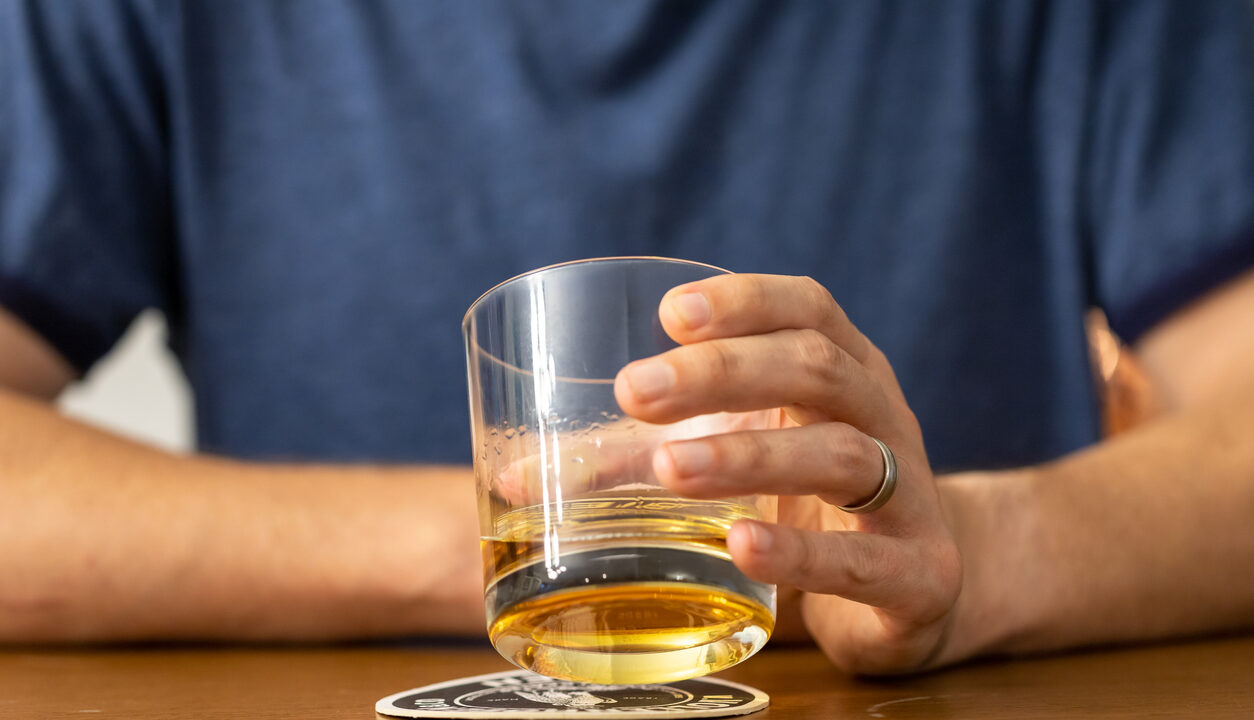In the realm of criminal law, few issues are as complex and sensitive as cases involving sexual assault. Adding alcohol into the equation further complicates matters, often blurring the lines between consent and coercion. At Collett Read LLP, we understand the nuanced dynamics at play in these cases, particularly within the Ontario legal framework. Let’s delve into how alcohol can impact sexual assault cases in our jurisdiction.
Impact of Alcohol Consumption
First and foremost, it’s crucial to recognize that alcohol consumption does not absolve individuals of responsibility for their actions. In Canada, the law holds individuals accountable for their behavior regardless of their level of intoxication. Specifically, in 2022, the Supreme Court of Canada made clear that being drunk is not a defence to crimes of violence, including sexual assault.
However, the presence of alcohol can significantly influence perceptions, memories, and judgment, all of which are critical factors in sexual assault cases.
Factors to Consider
One of the primary challenges in cases involving alcohol is determining consent. Consent must be voluntary, informed, and ongoing. When alcohol is involved, determining whether an individual was capable of giving consent becomes more complex. Intoxication can impair judgment, diminish inhibitions, and compromise cognitive abilities, potentially rendering an individual unable to give valid consent.
Furthermore, alcohol can also impact memory and perception. Both the alleged victim and the accused may have fragmented or unreliable recollections of the events in question due to intoxication. This can complicate the investigation and trial process, making it challenging to establish a clear timeline of events and determine what truly transpired.
In Ontario, the courts consider the concept of “reasonable belief in consent” in sexual assault cases. This means that an accused may argue they had a reasonable belief that the alleged victim was consenting, even if that belief was mistaken. However, the presence of alcohol adds layers of complexity to this defense. Courts must carefully assess whether the accused’s belief in consent was reasonable given the circumstances, including the level of intoxication involved.
Moreover, alcohol consumption can impact witness credibility. Witnesses, including bystanders or individuals present at the time of the alleged assault, may have differing accounts of the events due to intoxication or bias. It’s essential to scrutinize witness testimony and assess its reliability in light of alcohol’s influence.
Seeking Legal Representation
At Collett Read LLP, we approach sexual assault cases involving alcohol with empathy, diligence, and a commitment to justice. We understand the profound impact these cases can have on all parties involved and strive to navigate the legal process with sensitivity and professionalism. We also know that navigating these complexities requires careful consideration of the unique circumstances of each case and a deep understanding of Ontario’s legal framework. If you or someone you know is facing allegations of sexual assault involving alcohol, don’t hesitate to reach out to us for expert legal guidance and support.
Call (905) 541-2228 or fill out a free consultation form to get connected with our team right away.
